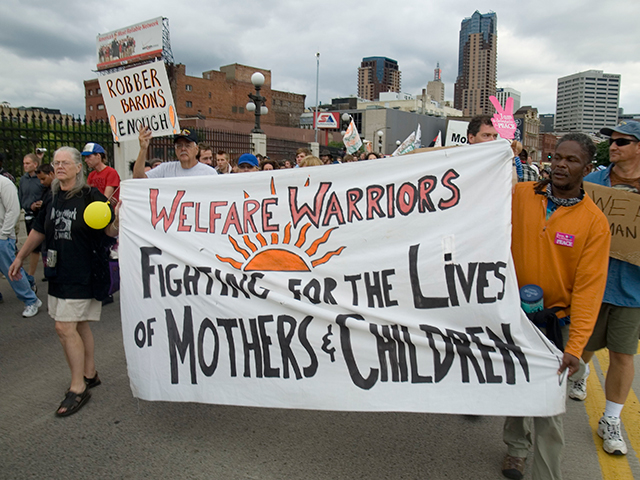As an adopted child, Sunny-Marie Birney never had a black mother figure present in her life. She was shown and given love by her Euro-American parents, but always had a piece of herself missing. She describes how she became attached to her black teachers and viewed them not only as a mentor but a figure she could look up to. It was than that she decided she wanted to become an educator and impact others as she was impacted. Black female teachers do not just teach their students and give them the minimal education and attention they need, but they honestly care for their students.
Black teachers make it an obligation to not just improve a child’s grade, but uplift them spiritually and mentally. Sunny-Marie Birney was astonished with the compassion and love she was given by her teachers. They filled in the missing puzzle piece that she was searching for her whole life. “Black teachers view mothering as a communal responsibility and an act of service. My teachers filled a void I had searched to fill all of my life (Birney 51).”This idea of going beyond your duties as a teacher and developing the whole child stems back to past educators.
Mary McLeod Bethune, Lucy Laney, and Emma Wilson were all educators that served the black community through their actions to education. There was a connection made between all three of the women, which were a womanist pedagogy.
Mary McLeod Bethune, Lucy Laney, and Emma Wilson were all educators that served the black community through their actions to education. There was a connection made between all three of the women, which were a womanist pedagogy.
A womanist pedagogy is made up of three elements which is, understanding that oppression is a continuous system, empowerment by an individual combined with help from others is the key for social transformation to change, and understanding the concept of humanism. All of these ideas are built on a foundation which consists of sisterhood, mentorship, and friendship. Components such as those build a person’s character and when given to a child, can really change their life. The impact that Sunny-Marie Birney received from her black teachers caused her to help and touch the lives of other children and adults who might have been in the same situation as she was.
As an educator, Sunny-Marie Birney formed her three concepts to teach and live by, liberation, individualization, and holistic education. She now instills the same values and compassion in her daughter that she was taught and continues to embody the womanist pedagogy.





















